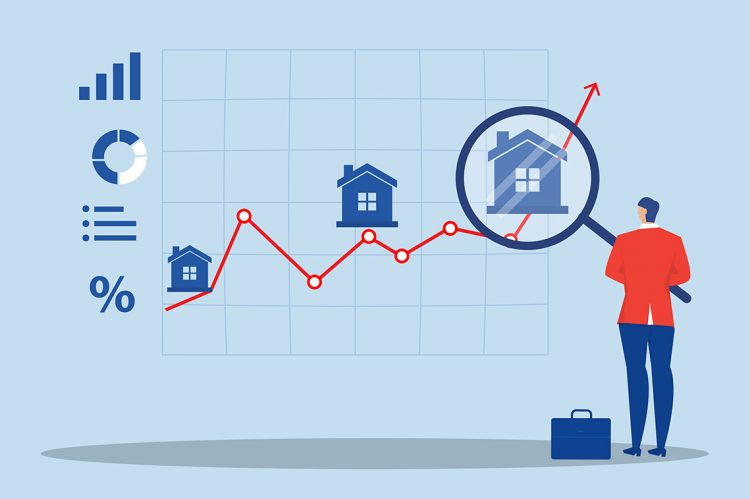Consumer confidence increased again, from 109.7 in June to 117 in July, according to the latest data from The Conference Board. This reading is the highest seen since July 2021.
The Consumer Confidence Index details consumer attitudes, buying intentions, vacation plans and consumer expectations for inflation, stock prices and interest rates to determine business conditions.
“Consumer confidence rose in July 2023 to its highest level since July 2021, reflecting pops in both current conditions and expectations,” said Dana Peterson, chief economist at The Conference Board. “Headline confidence appears to have broken out of the sideways trend that prevailed for much of the last year. Greater confidence was evident across all age groups, and among both consumers earning incomes less than $50,000 and those making more than $100,000.”
The Present Situation Index—based on consumers’ assessment of current business and labor market conditions—grew from 155.3 to 160. For current business conditions, 21.9% of consumers said they were “good,” down from 23.7% last month. Additionally, 15.2% said business conditions were “bad,” down from 16.3%. For the labor market, 46.9% of consumers said jobs were “plentiful,” (up from 46.8%), while 9.7% of consumers said jobs were “hard to get” (down from 12.4%).
“Assessments of the present situation rose in July on brighter views of employment conditions, where the spread between consumers saying jobs are ‘plentiful’ versus ‘hard to get’ widened further,” Peterson said. “This likely reflects upbeat feelings about a labor market that continues to outperform.”
The Expectations Index—based on consumers’ short-term outlook for income, business and labor market conditions—grew from 79.3 to 88.3 (1985 = 100). The Expectations Index has now grown above 80, the level associated with a recession.
Peterson added, “Expectations for the next six months improved materially, reflecting greater confidence about future business conditions and job availability. This likely reveals consumers’ belief that labor market conditions will remain favorable. Expectations for future incomes ticked down slightly, a potential reflection of slower wage growth compared to a year ago.”
As for consumers’ short-term business conditions outlook, 17.1% expect business conditions to improve (up from 14.6%), and 14% expect conditions to worsen (down from 17.7%). For the labor market outlook, 16.4% of consumers expect more jobs to be available (up from 15.4%), and 14.8% anticipate fewer jobs (down from 16.7%). For short-term income prospects, 16.3% of consumers expect their incomes to increase (down from 18.6%), and 9.7% expect a decrease (down from 11.8%).
Peterson concluded, “The proportion of consumers saying recession is “somewhat” or “very likely” to occur ticked up in July, contrary to the Expectations Index spiking this month above the threshold of 80. Still, recession expectations remained below their recent peak, suggesting fears of a recession have eased relative to earlier this year.”
For the full report, click here.












